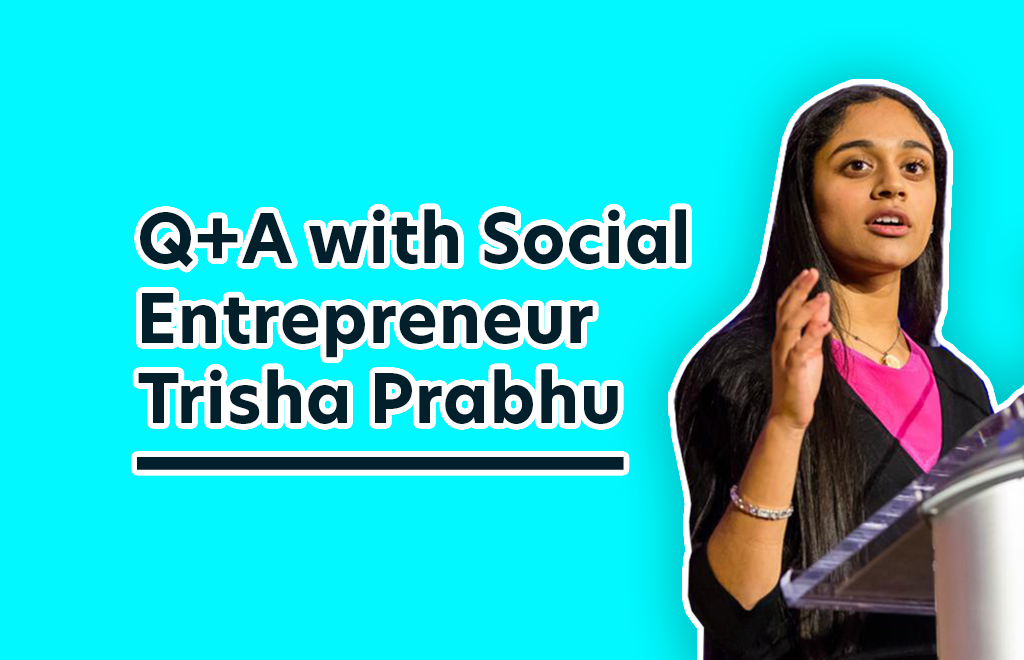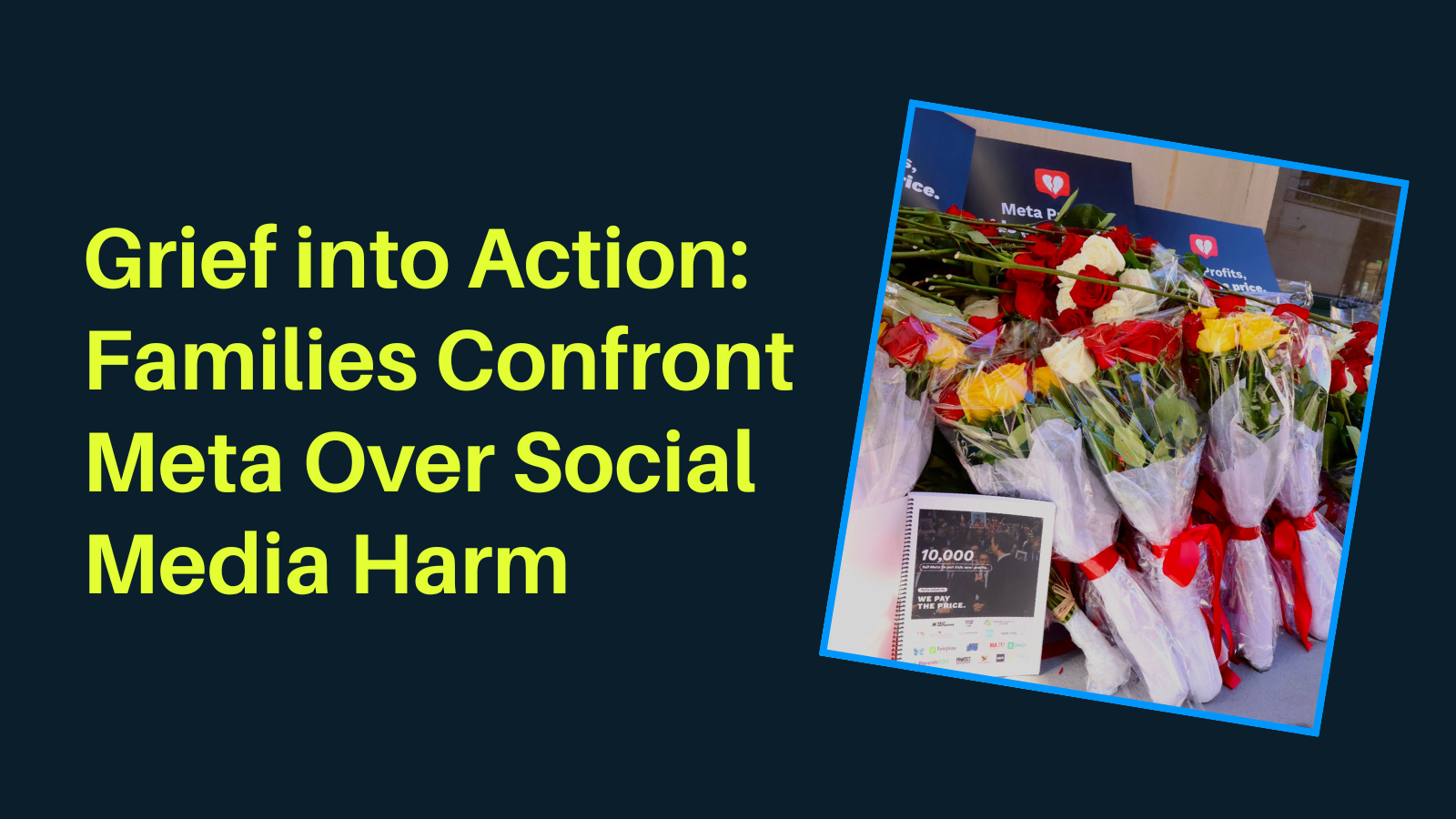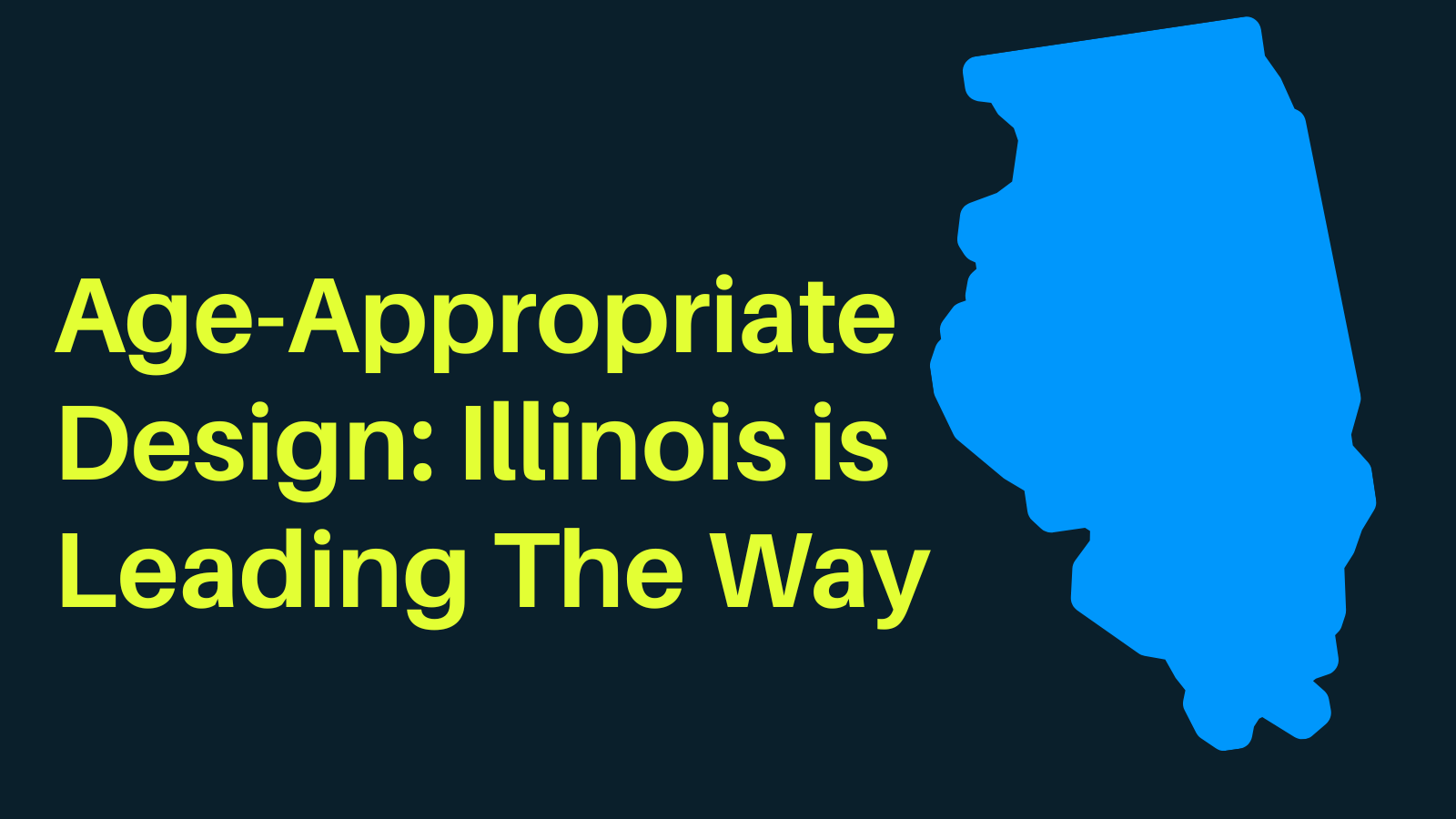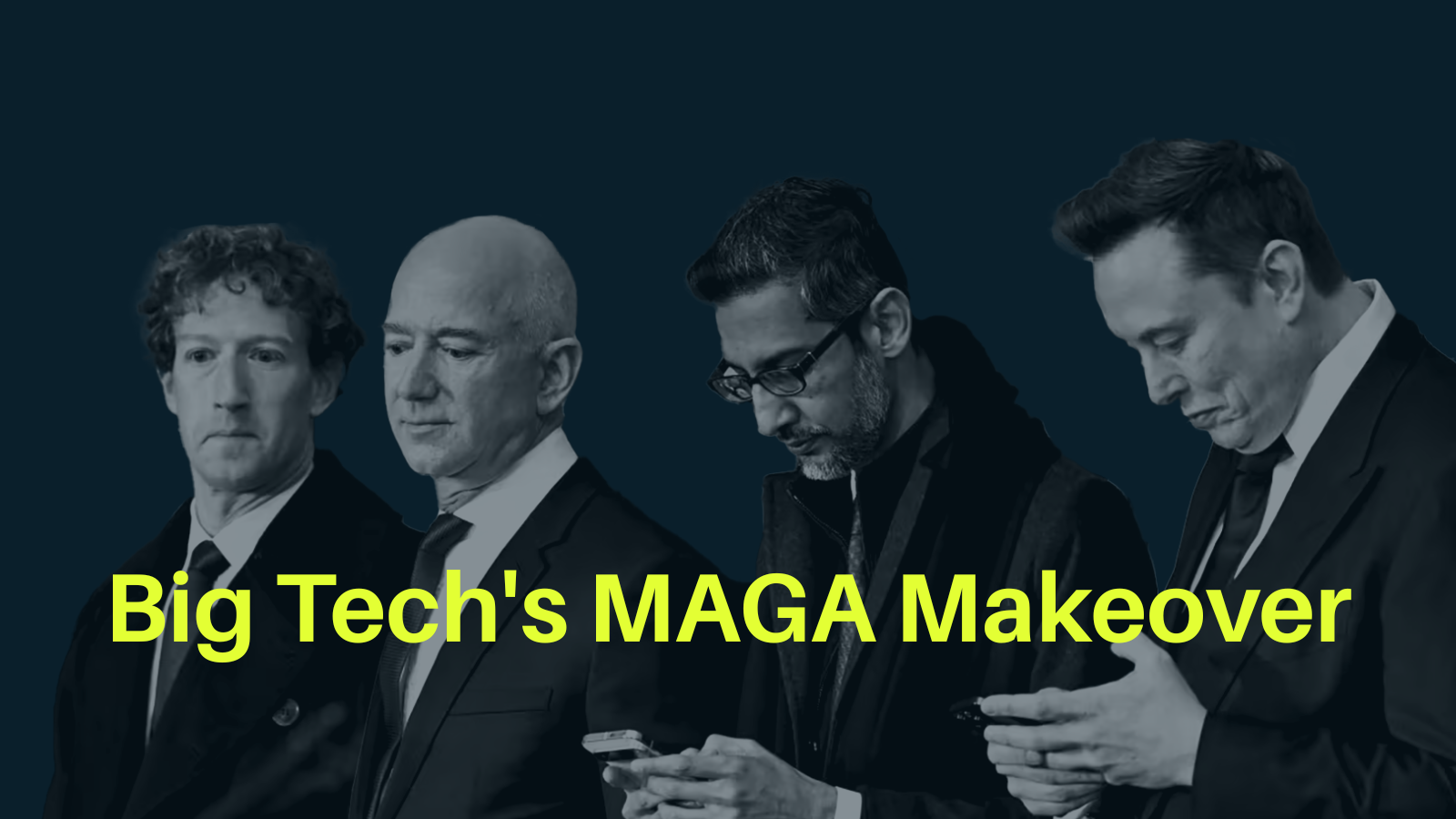Blown away. That’s how I felt after I had the opportunity recently to speak with Trisha Prabhu, the 22-year old inventor of ReThink, an app that proactively stops cyberbullying through technological intervention. The patented app uses a digital keyboard to detect hateful speech and prompts users to pause, rethink and review before saying anything harmful online. Through her work with ReThink, Trisha has received dozens of accolades, including winning Harvard University’s President’s Innovation Challenge and MIT’s Solve Elevate Prize, and being named the youngest member of Forbes’ 30 Under 30 Social Impact list in 2021. Trisha is also a global TED speaker and author of “ReThink the Internet.” She is currently pursuing a postgraduate degree.
With both a personal and professional stake in the fight to create a safer online environment, Trisha uniquely straddles two seemingly opposing worlds. But as we discussed her experience, it was clear that involving real experiences and perspectives in the creation of both technology and the laws that guide it will be key to creating a positive digital environment. Here are some of the excerpts of our conversation:
What led you to create and launch ReThink?
I first got into this work when I was just 13 years old. I had my own experiences in my youth with bullying and harassment, but I didn’t realize the way it was affecting so many young people everywhere. I refused to accept that that was the status quo, that that was the best that we could do and that prompted me to create ReThink.
My vision was building a technology that would try and stop cyberbullying at the source instead of putting the burden on the victim to act. The default approach to tackling cyberbullying then was for victims to report it even though 90% of victims don’t report cyberbullying to any adult. I wanted to move away from that type of a reactive solution and instead stop the cyberbullying at the source, by design.
“I wanted to move away from that type of a reactive solution and instead stop the cyberbullying at the source, by design.”
What ReThink does today via a downloadable app, is actually replace your mobile device’s default keyboard and then work across all of the apps on your phone to detect offensive content before it’s sent and then give you a chance to pause, review, and rethink. It’s an incredibly proactive and effective way to stop cyberbullying at the source, which we believe also creates fundamental long-term change.
What does a safer internet for kids, teens and young adults look like to you?
For me a safer internet for kids, teens and young adults is an internet that’s safe by design and that means by design from a technology perspective and from a regulatory perspective. It means that we are building a technology ecosystem that has all people at its center.
From a technology perspective, it’s building safeguards into the design of the technology, and trying to mitigate harms from the outset. And that means sometimes pushing back sometimes against that motto of moving fast and breaking things, but rather taking time to critically consider the consequences of technology that we’re building.
From a regulatory perspective, it’s a world where we’re realizing the benefits of emerging technologies while we’re actively mitigating harms. And that’s not something technology can do on its own – we also need policy makers to step in and think about frameworks that ensure that young people and all vulnerable populations are empowered online and that all digital citizens have rights in the digital universe the same way that we do in person.
What does it mean to be a responsible digital citizen?
I think for me being a responsible digital citizen has two parts. One is personal accountability – thinking really critically about your actions and how they affect others, and what you can do your little part to make the internet as kind as possible and as safe as possible by speaking up and never accepting that that’s just what the internet is.
The other key component of being a good digital citizen is advocating and raising our voices to make a call for change where it’s needed from other institutions. Because personal accountability is one way that we get to a better internet but it can’t just be on digital citizens to do it all. It’s important to advocate for change in companies and government as well.
I think that’s especially important for those folks who may not even be in the crossfires of some of Big Tech’s biggest harms – maybe you are not a young person, a woman, a person of color, but standing up and being an ally, calling out those harms and calling for change is so influential.
We’ve seen movement at the state and federal levels to pass legislation that would make social media and online platforms safer by design, including the unanimously passed California Age Appropriate Design Code (AADC). What does it mean to be proactively safe, or safe by design, on the internet, and how have you woven that principle into your work with ReThink?
I think the incredible thing about the AADC is it is in many ways legislation that represents the vision that I had as a young person of an internet that is safe by design. We’re thinking about how we can switch some of the defaults we’ve had for a long time in our technology creation process and in the tech ecosystem to give more power to the user instead of the historically advantaged companies. It would make it so that it’s no longer optional or something we discuss, but is the internet standard.
“I think the incredible thing about the AADC is it is in many ways legislation that represents the vision that I had as a young person of an internet that is safe by design.”
The AADC could change the way that companies are considering what types of technology are appropriate to build and the safeguards that they are building in. The long-term impacts don’t really get a lot of attention, but I’m really excited about the potential to set a new standard for creation in the tech space. That’s what gets me the most excited about the AADC is for me as a young person it’s my vision realized.
What have you learned from your work in tech that reinforces your advocacy work?
I think what I’ve learned is that there’s power in numbers and power in diverse perspectives. Some of the best technologies that I’ve seen and created, and the key to my success at ReThink, is constantly including diversity of perspectives, especially youth perspectives, because we’re creating technology for young people. When you involve populations and people who are directly affected, you are co-creating the future that you want and that all people deserve.
It’s similar on the advocacy side. When we include the populations who are going to be most affected by the most pressing issues that we’re facing in our world today in the conversation, we can work with them to co-create the digital future we want. When we bring a diversity of perspectives and when we seriously engage them, when we give young people a seat at the table, that has so much power.
What would you tell other colleagues, peers, or leaders in tech who don’t have the same exposure to advocacy as you do?
I would say to those leaders and executives, you are missing out! My advice to them is to really seriously and critically engage the populations for whom you are building. Don’t just see them as users, see them as people and potential co-creators. Work with them and bring their ideas and perspectives into the work that you are doing and be accountable to them. Not just because it’s the right thing to do but because it will make your products better. Better for them and our world.
Especially as a social entrepreneur, I want to emphasize that this idea of a tradeoff between safety or doing good and innovative tech is a myth. We can build technology that is dynamic and cutting edge, and at the same time safe and responsible and inclusive. And that’s going to make for a better society and hopefully for really incredibly technical innovations which I’m really excited to see realized.
What can you tell someone in your generation who feels like they want to get involved in this work, but don’t know how?
I would say your voice is so much more powerful than you realize. Recognize the power of your voice and use any and all platforms you have available to you to. Use your networks to activate the people around you or teach others about the types of solutions that are being spearheaded.
Channel your unique skills and perspectives towards solution creation. If you are passionate about policy and legislation, there are amazing organizations like Accountable Tech that want and need you to be a part of the legislative process to co-create better tech policy. You can also, like me, create the technology that you want for this digital world. Whether it’s technology that supports youth mental health or creates spaces to be more authentic and real online. You can be an advocate and create content and share your perspective, there’s so many possibilities.
Everyone has some special skills, unique perspective, a platform, something that makes them them, and I would say take the thing that you love to do and think about how you can apply it to this issue. Because we need you and we need your voice, because your voice is so powerful, and with you I think we can realize that internet that we all deserve.








